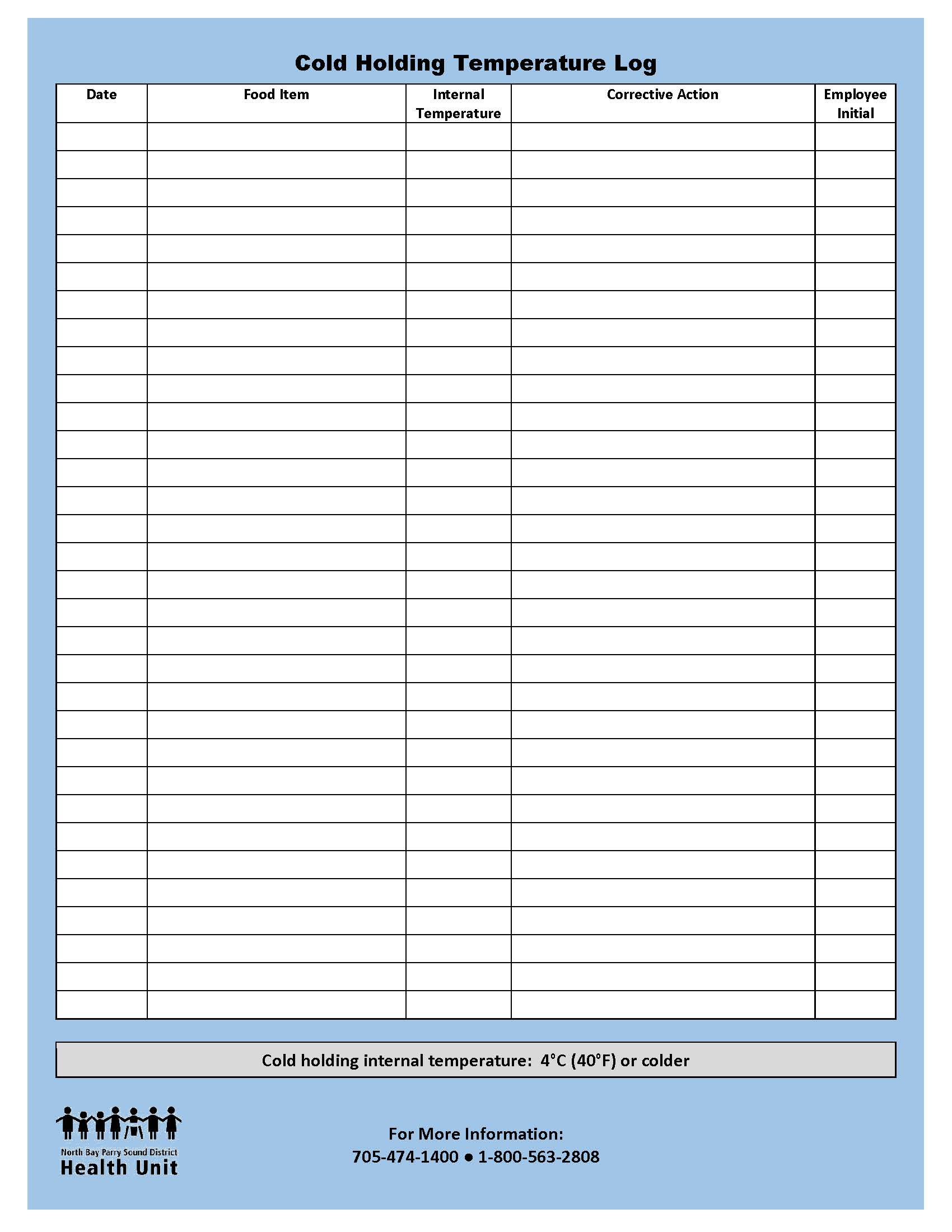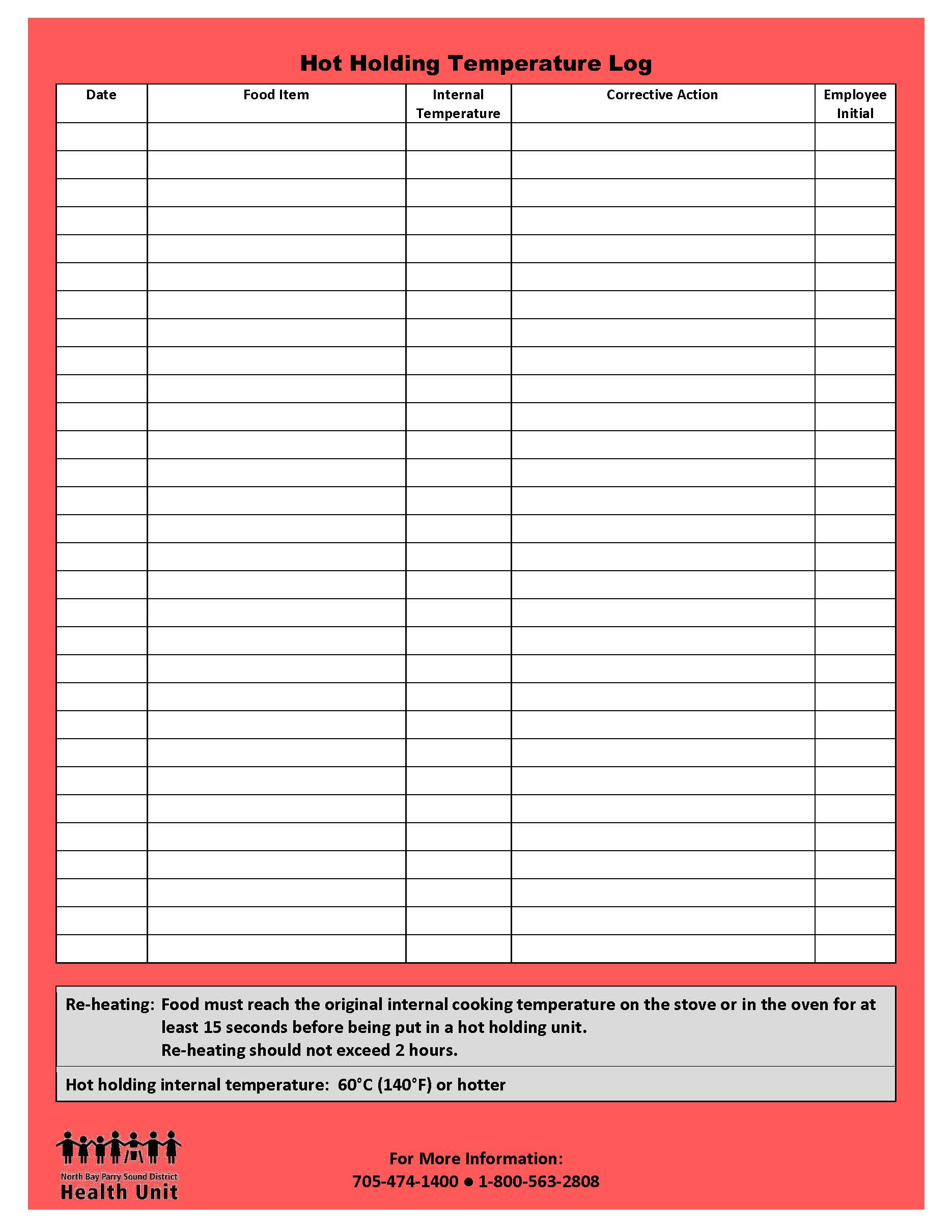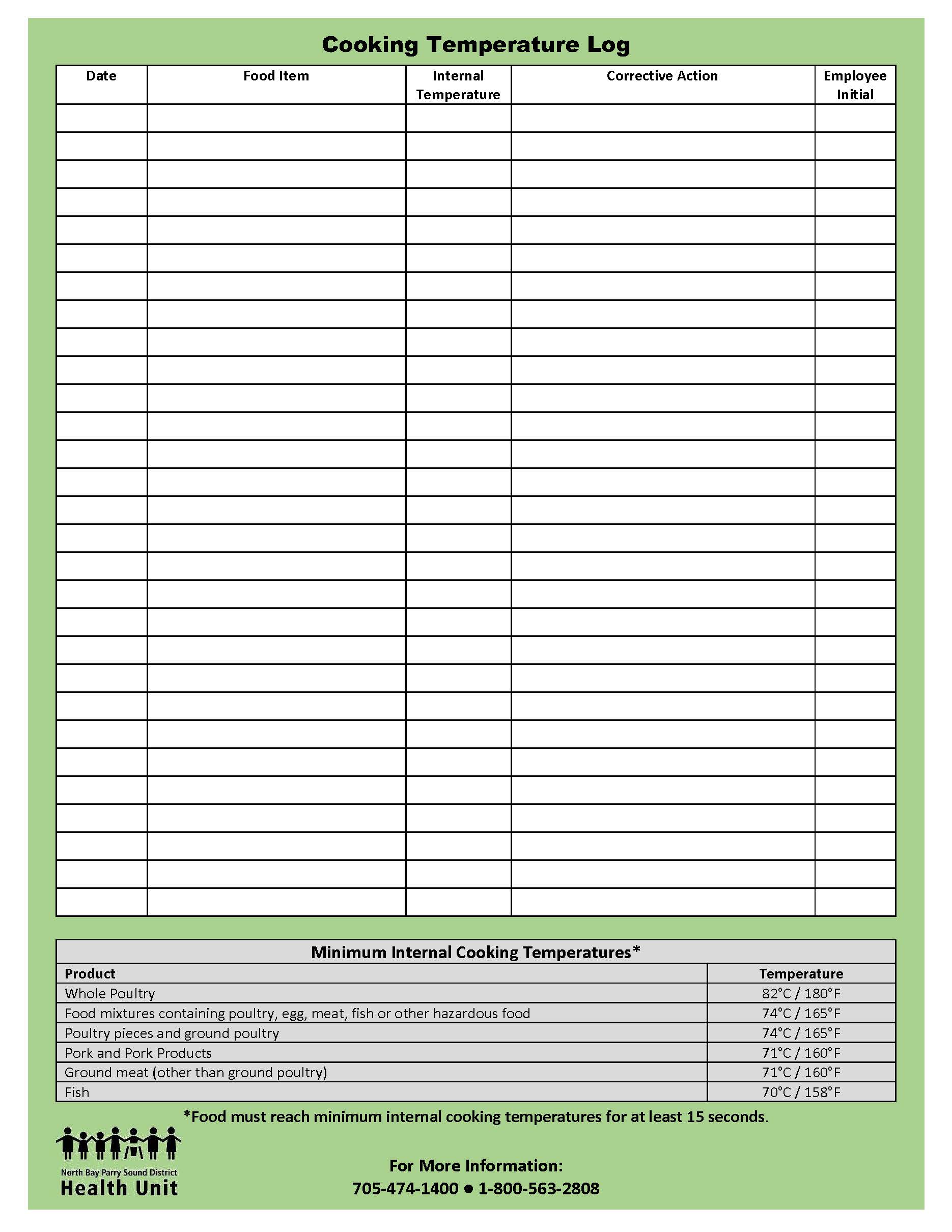We recognize the role childcare settings play in keeping children healthy and safe, and in helping them reach their learning and development goals. We want to support childcare settings in this role by providing programs, services, and information relevant to childcare settings.
Information for Parents and Caregivers
District of Nipissing |
|
The Children’s Services Department of the District of Nipissing Social Services Administration Board (DNSSAB) is contracted by the Ministry of Education to plan and manage the early years and licensed child care system in the District of Nipissing. The Children’s Services Department can help with finding and accessing licensed child care, before and after school care, approved recreation programs and early learning programs (EarlyON Child & Family centres). They also provide resources, and support families with the cost of licensed childcare, before and after school care and approved recreation programs. Visit the Children’s Services page on their website to learn more. |
District of Parry Sound |
|
The District of Parry Sound Social Services Administration (PSDSSAB) is the Childcare Service System Manager for the District of Parry Sound. They support the provision of child care in the Parry Sound District by:
Visit the Early Years Services page on their website to learn more. |
Information for Childcare Professionals |
|
Childcare professionals, parents/guardians, and the Health Unit all share the common goal of protecting and promoting health in childcare. The Health Unit’s A Public Health Guide for Child Care Professionals has been designed to assist childcare professionals in achieving this goal. A Public Health Guide for Child Care Professionals is a resource specifically aimed at giving child care professionals the most up-to-date information and resources on how to provide child care in a safe and healthy environment. This guide is organized into five chapters and includes information on:
Note: PDFs are available in an accessible format upon request. |
Contacting the Health Unit |
|
To reach main reception, call 705-474-1400 or 1-800-563-2808 toll-free. Main reception is staffed Monday to Friday, 8:30 a.m. to 4:30 p.m. Looking for a specific program or service? View program contact information. If you are still uncertain who to contact about non-COVID-19 services, please send your request to the general Health Unit email and your request will be forwarded to the appropriate program. |
Under Illnesses and Outbreaks, you will find our exclusion guidelines for reportable and non-reportable diseases and plenty of other useful resources and forms.
Illnesses and Outbreaks |
||||||||||||||
|
For disease/illness specific information including exclusion guidelines please click here.
|
Forms
Vaccines (Immunization) |
|
Child: Vaccination History for Child Care Registration Form (EN) Child: Antécédents de vaccination aux fins de l'inscription aux centres de garde (FR) Staff/Volunteer: Health Assessment of Child Care Personnel Form (EN) Staff/Volunteer: Évaluation de l’état de santé du personnel des centres de garde (FR) |
Child Growth and Development |
Resources
Health Unit Lending Library and Apps |
|
Health Unit – Lending Library and Apps – Resources that can be borrowed from the Health Unit and apps to support learning and a healthy environment. |
Cleaning and Disinfecting |
Diapering |
Infection Control in Sensory Play |
Pets in Childcare Settings |
|
MOHLTC: Recommendations for the Management of Animals in Child Care Settings The Ministry of Health and Long-Term Care (MOHLTC) has developed this best practice guidance document for the management of animals in child care centres to assist the operator in choosing appropriate pets and in implementing measures to be taken to minimize the risk of injury or infection to the children and staff. |
Visits to Farms or Petting Zoos |
|
MOHLTC: Recommendations to Prevent Disease and Injury Associated with Petting Zoos in Ontario Animals at farms and petting zoos present the same risks as pets in child care centres. There are added hazards because the animals are unknown to you. Before visiting a farm or petting zoo, review this MOHLTC guidance document. |
Vaccines (Immunization) |
|
Reputable websites for information on vaccine safety and current research addressing myths related to vaccination:
Forms:
|
Air Quality |
|
Health Unit – Air Quality web page Air Quality Alert Email Notifications - Sign up to receive Air Quality Alert Notifications (Special Air Quality Statement or Smog and Air Health Advisory). Air Quality Health Index (AQHI) Video - Air quality video for children: Indi the caterpillar |
Smoking and Vaping |
| Smoke-Free Ontario Act, 2017 - How the Act Affects: Child Care Centres and Home Child Care
Health Unit – Tobacco and Substance Use web page: Learn how to help prevent tobacco and substance use, access teaching resources on smoking and vaping.
|
Toys |
|
Health Canada’s Is Your Child Safe? Booklet |
Concussions |
|
Parachute Canada – Concussions Learn the basics about concussion: what it is, the signs and symptoms, what you should do if you suspect a concussion, and how to treat it. Parachute Canada – Concussion Collection A collection of resources on concussions for professionals. Health Unit – Concussions web page The Health Unit also lends out educational resources such as Concussion Goggles and a Brain Mold Kit, see our Lending Library and Apps web page for details. |
West Nile Virus (WNV) |
|
See our West Nile Virus page |
Emergency Preparedness |
|
Ministry of Education – Emergency Preparedness for Ontario Child Cares Government of Canada – Ontario Risks and Hazards Emergency Management Ontario – Be Prepared for an Emergency Health Unit – Emergencies and Being Prepared web page |
Hazardous Substances/Plants |
|
Health Canada – Information for Art Class Teachers: Chemical Safety Ontario Poison Centre – Household Hazards A-Z Ontario Poison Centre – Mushrooms Ontario Poison Centre – Plants |
Sharps |
|
Health Unit – Sharps web page Health Unit Fact Sheet – Safe Sharps Pick-up and Disposal Activities:What to Do If You Find a Sharp?
|
Walking Safety |
|
CAA – Walking Your Way to Safety Lesson plan focused on pedestrian safety for children in kindergarten to grade three. |
Cycling and Helmet Safety |
|
Ontario Ministry of Transportation – Young Cyclist's Guide
Parachute Canada – Cycling
Parachute Canada – Helmets
Ottawa Public Health – Helmet Safety |
Car and Booster Seat Safety |
|
Parachute Canada – Car Seats How to keep children safe while travelling in a motor vehicle or other modes of transportation, including how to choose the right car seat. Transport Canada – Choosing a Child Car Seat or Booster Seat |
Drinking Water |
|
Health Unit – Drinking Water web page |
Beaches |
|
Health Unit – Beaches web page - see the status of beaches across our region Health Unit – Swimmer's Itch web page Health Unit – Harmful Algae Blooms web page |
Public Spas, Pools, and Hot Tubs |
|
Health Unit – Check Then Go web page - view inspection results in real time Health Unit – Public Spas, Pools and Hot Tubs web page |
Weather Safety |
|
Health Unit – Sun Safety web page Parachute Canada – Winter Outdoor Safety |
Adverse Childhood Experiences |
|
Center on the Developing Child, Harvard University – Adverse Childhood Experiences and Toxic Stress |
Healthy Relationships |
|
Center on the Developing Child, Harvard University |
Mental Health Supports |
|
Health Unit – Mental Health web page Learn about mental health and wellbeing Health Unit – Mental Health Services web page Find mental health services in your area SickKids – Mental Health Learning Hub This hub includes resources on how to support children’s mental health and general well-being through physical activity, sleep and nutrition. It also provides information on the signs, symptoms and treatments of different mental health conditions. |
Child Growth and Development |
|
Caring for Kids – Your Child's Development: What to Expect |
Parenting |
|
Health Unit – Parenting Resources web page |
Healthy Eating and Menu Planning |
|
Ontario Dietitians in Public Health – Menu Planning & Supportive Nutrition Environments in Child Care Settings: Practical Guide This Practical Guide includes information for child care providers on menu planning, food and beverages that should be served, appropriate portion sizes for different age groups, sample menus and templates as well as strategies to create a supportive nutrition environment. Ontario Dietitians in Public Health – Child Care Resources These childcare nutrition resources were created by Ontario Dietitians in Public Health to support child care providers in planning and preparing healthy food for children in their care. They reflect current best practices for creating supportive nutrition environments in the child care setting and will help providers meet the food and drink requirements set out in the Childcare and Early Years Act, 2014 (section 42 of Ont. Reg. 137/15). Health Unit – Breastfeeding web page Dietitians of Canada – Introducing Solid Food to Your Baby Foodland Ontario – Seasonal Fruit and Vegetable Availability Guide - See when Ontario fruits and vegetables are in season. Health Canada – Mercury in Fish - Make informed choices about fish. |
Temperature Log |
Physical Literacy |
|
Active For Life – What is Physical Literacy?
Active For Life – Activities for Kids
CCCF-FCSGE – Exploring Nature with Children
Canadian Public Health Association – Risk, Hazard, and Play: What are Risks and Hazards?
Health Unit – Lending Library Physical Activity Resources The Health Unit offers Lending Library Resources that can be borrowed from the Health Unit, as well as suggested apps to support learning. Check out the section labelled Physical Activity to see resources available to borrow. |
Dental Health |
|
Ministry of Health – Healthy Smiles Ontario Resource Guide The guide includes information on what services are covered, how to enroll, how to replace lost cards and how to update your client information. Health Unit – Dental Clinic for Eligible Children Webpage Information on the Health Unit Dental Clinic and dental services for children 17 years and under. |
E-laws and Regulations |
|
Resources for Francophone and Indigenous Professional Learning |
The Ontario Aboriginal Head Start Association
l'Association francophone à l'éducation des services à l'enfance de l'Ontario (AFESEO)
|





